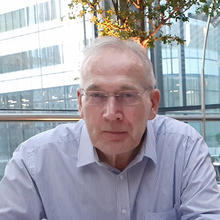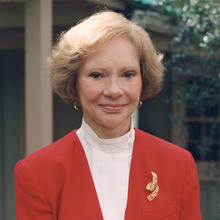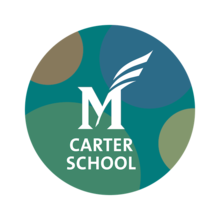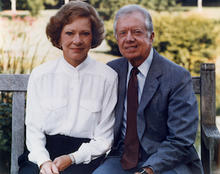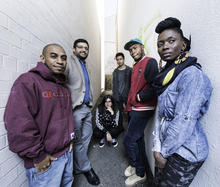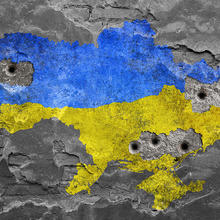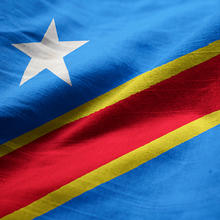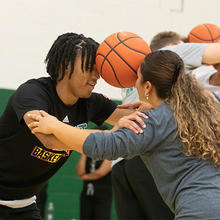- April 4, 2024
Michael always saw his main role to be a teacher, a clarifier, a synthesizer and an interpreter, and he did this job with much success as a long term faculty member in the International Relations department at the London School of Economics, a place for which he had a deep affection.
- November 21, 2023
WJLA ABC 7News interviewed Dean Özerdem about the life and legacy of former First Lady Rosalynn Carter on Sunday, when she passed away.
When asked to put into words the impact Rosalynn will continue in the DMV, Özerdem said, “Her impact will live with us.” - November 19, 2023
The Jimmy and Rosalynn Carter School for Peace and Conflict Resolution remembers Eleanor Rosalynn Carter, 96, former first lady, as an agent of peace, champion of human rights and advocate of mental health research. We send our deepest condolences to former President Jimmy Carter and their family.
- November 10, 2023
The Jimmy and Rosalynn Carter School for Peace and Conflict Resolution at George Mason University and the U.S. Department of State’s Bureau of Conflict & Stabilization Operations (CSO) have signed an agreement, along with a select number of other universities, to become an Academic Center of Conflict Anticipation & Prevention (ACCAP) partner. As part of this public-private partnership, the Carter School will provide research on “current, real-world conflict-related issues” as identified by CSO offices in the interest of supporting conflict resolution and stabilization efforts.
- October 19, 2023
The recent renewal of the vicious cycle of violence in Israel and Palestine, once again, has shown that civilians are the ones who primarily shoulder the brunt of war with their lives, livelihoods, and human dignity. This ongoing conflict, like so many others across the globe, is the direct result of the failure of the international community to develop just and sustainable peaceful resolutions.
- October 16, 2023
Yet, even in these dark times, rays of hope pierce through. Around the world, institutions, organizations, and dedicated individuals are diligently striving to care the fragile seeds of dialogue, cooperation, coexistence, and peace. Often, their fearless efforts go unnoticed, and their struggles are underfunded. Their peace infrastructure is under constant attack while every day, they witness the power of the military-industrial complex, proxy wars of geopolitics, and suffering of communities torn apart by physical, structural, and cultural violence. But make no mistake; their role in our shared global narrative is pivotal. They are the bastion against chaos, the remedy of wounds that run generations deep, and the bridge-builders in a fractured world.
- August 16, 2023
As hip-hop celebrates its 50th anniversary, many people are discussing how the art form has influenced culture, but few know about its role in conflict resolution and diplomacy.
- March 13, 2023
On February 24, the one-year anniversary of Russia’s invasion of Ukraine, George Mason University’s Carter School for Peace and Conflict Resolution hosted “One Year After: Ukraine War Analysis and Prospects,” an all-day virtual event to discuss the effects of the war and potential post-war contexts.
The event featured Romantsova Oleksandra, executive director of the Center for Civil Liberties, the first Ukrainian organization to win a Noble Peace Prize. The recognition, which the human rights organization received in 2022, was due in part to their work documenting war crimes against civilians in occupied areas of Ukraine.
- February 20, 2023
It’s been a year since George Mason University’s Carter School for Peace and Conflict Resolution touched base in the war-torn Democratic Republic of the Congo. Their goal? Accompany locals in creating their own sustainable peace—something the country has not experienced in more than 30 years.
Carter School Dean Alpaslan Özerdem, and Charles Davidson, PhD ’19, Carter School research faculty and alumnus, visited the Congo in October 2022 to check in on the “Peacemaking + Initiative,” funded by Milt Lauenstein, and assess the direction for its next phase.
- October 5, 2022
For one of the more than 35 events of Peace Week Fall 2022, the Carter School partnered with Mason Men’s and Women’s Basketball programs on a joint initiative with PeacePlayers International, an organization that works with youth from divided communities around the globe, using basketball as a vehicle to unite, educate, inspire, change perceptions, create opportunities for peacebuilding, and develop leaders.

